Since Nordost introduced their first cable, the Flatline gold in 1992, there has been one question in particular that has been asked constantly: Why use flat speaker cable? Well, we have been able to breakdown this answer into 5 clear and concise reasons…
1. Minimizes Strand Interaction
Most loudspeaker cable designs simply bunch conductors together, causing strand interaction. Each conductor produces a magnetic field, which attracts the energy carried from each surrounding conductor, causing information to jump from conductor to conductor. This not only slows transmission speeds, it increases capacitance, and causes a loss of vital information along the way. When conductors are separated, as they are in a flat cable design, the harmful effects of strand interaction are minimized, capacitance is lowered, and transmission speeds are maximized.
2. Optimizes Mechanical Resonances
Every material has its own specific optimal resonance, or speed at which it vibrates. This is the same for the conductors that make up your speaker cable. If the conductors are too close together (or worse…touching), they have a damping effect on one another, negatively impacting their mechanical resonances. With flat speaker cables, more attention can be paid to the layout and spacing of each individual conductor, giving the material enough room to ensure that they are able to take advantage of their natural resonances. Additionally, when the conductors are not intertwined and wound up in each other, they can be cut at specific mechanically tuned lengths that reduce internal microphony and high frequency impedance resonance.
3. Decreases Skin Effect
Self-inductance of cables creates a phenomenon where high frequency signals travel to the surface of a conductor, rather than the center. This raises the resistance of cables at those affected frequencies, making it harder to transmit high frequencies than low ones. This problem is known as “skin effect”. Although it may seem to follow reason that constructing speaker cables with stranded conductors would solve this problem, when stranded conductors are bundled together, touching one another, the bundle acts as one conductor and so the skin effect remains unchanged. In a flat speaker cable design, conductors are side-by-side (and in Nordost’s case they are even separated by extruded FEP insulation) instead of sandwiched together. Since the conductors are not touching and acting as one, high frequency resistance due to skin effect is minimized.
4. Reduces Physical Surface Contact
Cables are negatively impacted by the electric static stored in floors. When there is interaction between a cable and the surface that it rests upon, the capacitance of the cables rises. However, when you use a flat construction, speaker cables have the ability to stand vertically when placed in your home sound system. When placed vertically, there is minimal physical surface contact between the floor and the cable itself, which offers a significant improvement over a round cable design.
5. Convenience
Although this reason may not seem important due to a lack of scientific jargon, sometimes convenience makes the difference you need. Flat cables are more flexible and, surprise surprise, flatter than round cables. This makes for more installer friendly options, especially if you are running your cables in-wall or under your carpet.

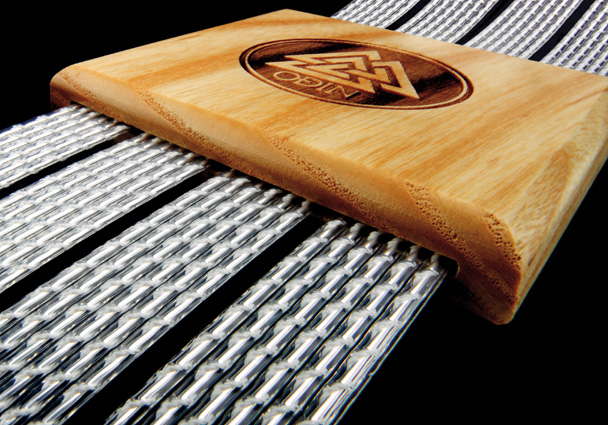
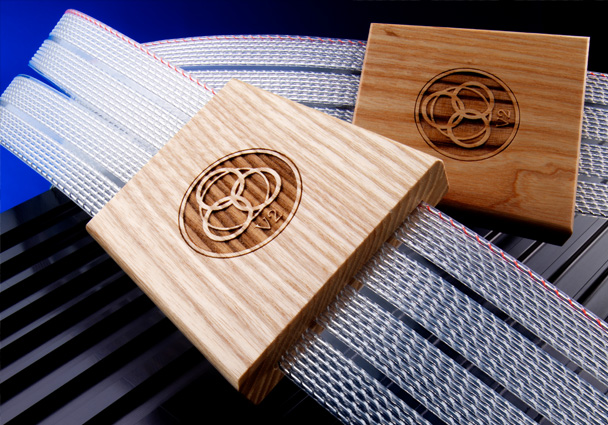
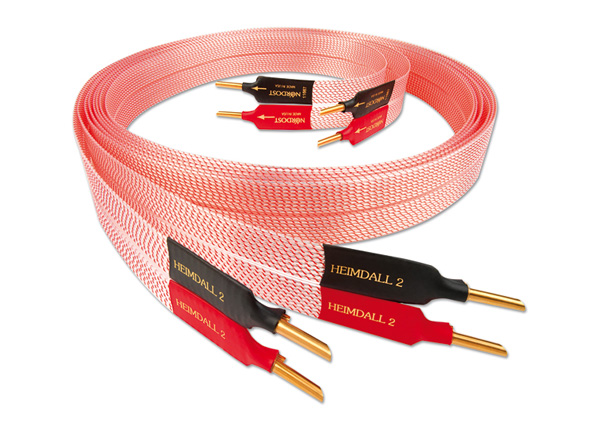
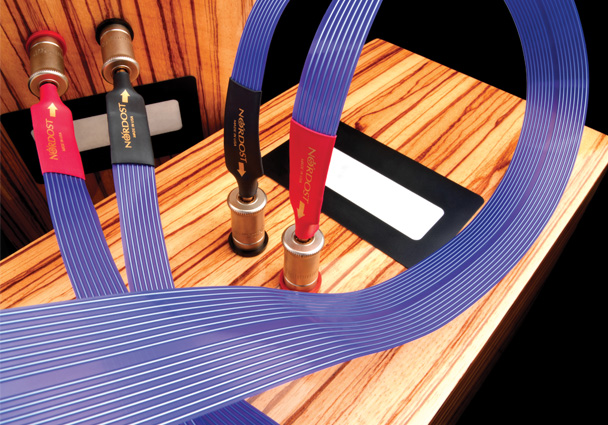
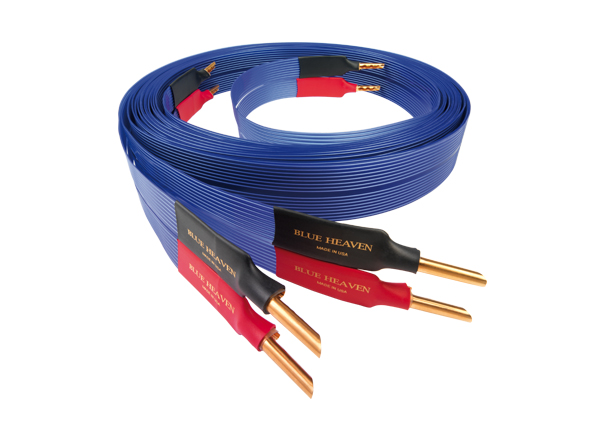
Pingback: 1Pair 1,5m Viablue SC-4 SILVER-SERIES SINGLE-WIRE SPEAKER CABLE WITH CRIMP SLEEVES | Accesorios Para Equipos De Audio Y Hi
I really like your site we respect your writing. I’ll be a frequent visitor beyond doubt! How will i enroll in RSS?
May purchase either Tyr 2 or Vallaha. Trying to decide…
I’m upgrading from Oyaide OR 800 Advance cables that served me well for 10 years. Technology has moved forward & I just installed Frey 2 cables in our Family Room stereo [also upgrade from Oyaide], and the changes are striking. With that as a baseline, I’m going Tyr 2 for my listening room stereo … I need 11 meters, and there are diminishing returns upgrading from Tyr to Valhalla for 2x 💰.
I’m very happy to hear that you are enjoying your Frey 2 cables. In regards to your question, there wouldn’t be diminishing returns at all when talking about cable lengths. In fact, the better the cable is (like when going from a Tyr 2 to a Valhalla 2) the better it becomes at longer lengths because it allows less signal loss and degradation of signal. When the cable quality increases, the signal traveling through it is less influenced by the electrical characteristics that change as the lengths increase.
Flat flexible cables have a wide variety of uses, including music equipment, due to their low profile and narrow width.
Me gustaría un cable para altavoz que realmente se demuestre la diferencia de sonido. Tengo aún grandes dudas de los cables afecten el sonido final
That is exactly why we encourage our customers to demo the cables before purchasing, so that you can hear the difference for yourself!
I love the leifstyle cable. But unfortunately, I can’t find them online in India. There is only 1 retail store in Mumbai. Luckily I got it through my relative.
What is the difference between Heimdall and Heimdall 2? Thanks
I believe you received an answer to this question via info@nordost.com
What about noise and interference, does your cables overcome this challenge? I’ve heard that switch mode power supply based amplifiers can introduce a lot of high frequency noise when combined with ribbon or flat cables, particularly interconnects.
Thanks for the question! You are correct, switch mode power supplies introduce noise into the entire system.
However, that happens regardless of the type of cable because it happens in the AC circuit.
How interesting that you talk about how important it is to keep cables away from electric static build-up. I am starting a new business this year and getting the building ready. I will find a great cabling system for this close by.
Hello, Greetings from Spain They offer me a Nordost Frey 2 speaker, the connectors are perforated, the positive one in purple and the negative one in green, this is normal…!! thank you so much
In older Nordost models, cables made for demonstration purposes were made with green heatshrink. However, to make sure that you have an authentic Nordost cable, you should purchase your audio cables from an authorized Nordost dealer.
https://www.nordost.com/where_to_buy.php